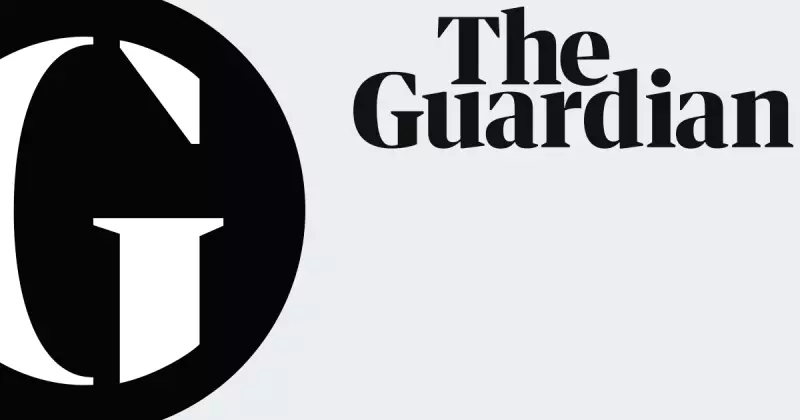
In a stark environmental warning that has sent shockwaves through the global community, United Nations Secretary-General Antonio Guterres has declared the Amazon rainforest is teetering on the brink of catastrophic transformation.
The Tipping Point Crisis
The world's largest tropical rainforest, often called the 'lungs of the planet', faces an imminent threat of irreversible change that could see its lush, biodiverse ecosystem replaced by dry savannah grasslands. This alarming shift would represent one of the most significant environmental catastrophes of our time.
Irreversible Consequences
Guterres emphasised the gravity of the situation, stating that we are rapidly approaching a point of no return. The Amazon's delicate ecological balance depends on maintaining its current climate and vegetation patterns, but rampant deforestation and climate change are pushing the system beyond its capacity to recover.
Global Climate Implications
The consequences of such a transformation would extend far beyond South America's borders:
- Massive release of stored carbon dioxide, accelerating global warming
- Devastating loss of biodiversity with countless species facing extinction
- Disruption of rainfall patterns across multiple continents
- Irreversible damage to indigenous communities and their ways of life
The UN chief's warning comes as scientists report accelerating deforestation rates and increasing frequency of droughts in the region, creating conditions ripe for this ecological collapse.
Call to Action
Guterres urged immediate international cooperation to prevent what he described as an environmental point of no return. The situation demands urgent policy changes, strengthened environmental protections, and global commitment to sustainable development practices.
This dire warning serves as a critical reminder that the fate of the Amazon is inextricably linked to the health of our entire planet, making its preservation a global responsibility that cannot be ignored.





